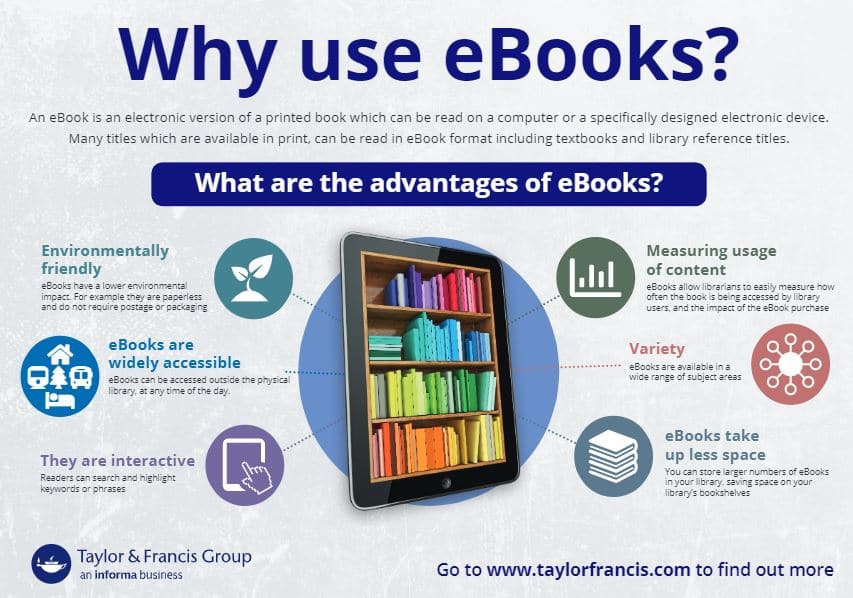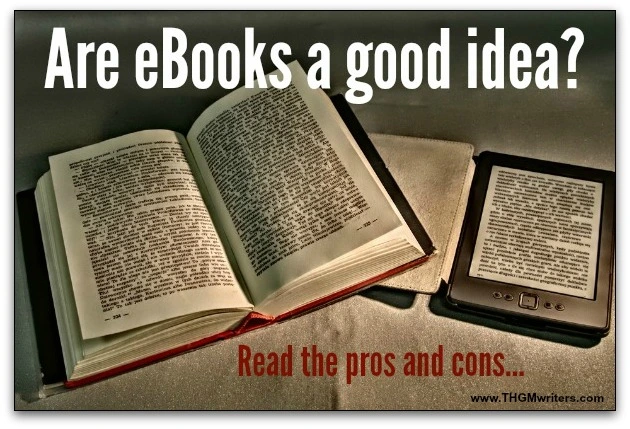Update Your Virtual Library with Bestsellers from Our Ebook Store
Update Your Virtual Library with Bestsellers from Our Ebook Store
Blog Article
Checking Out the Reasons Digital Books Have Come To Be a Vital Element of the Literary Landscape
The shift from standard printed books to digital layouts has actually triggered conversations on the reasons behind this change. Understanding the driving forces behind the increasing frequency of e-books can supply useful insights into the evolving nature of literature intake in today's electronic age.
Availability and Convenience
E-books have significantly improved the accessibility and comfort of literature in the digital age. Rather, they can simply download and install the desired book onto their tool and begin checking out instantly.

Mobility for On-the-Go Checking Out
With the evolution of electronic reading systems and gadgets, the enhanced transportability of literary works has changed the method individuals take in books, permitting for on-the-go reading seamlessly. Digital books have actually gotten rid of the requirement to bring bulky physical publications, allowing viewers to access a huge collection of texts via small tools such as mobile phones, tablet computers, or e-readers. This benefit has actually transformed reading behaviors, as individuals can currently appreciate their favorite publications throughout commutes, travel, or any type of extra moment in their day.
Cost-Effectiveness and Cost
In today's literary landscape, the aspect of cost-effectiveness and cost plays a crucial function fit readers' availability to a vast range of literary works. E-books have transformed the means viewers access material by supplying an extra budget-friendly option to standard published books. The cost of creating and dispersing digital books is significantly lower than that of physical books, enabling authors to hand down these financial savings to customers. This price factor has democratized literature, making it available to a much more varied and considerable target market.
Moreover, eBooks often come with a portion of the expense of print books, enabling viewers to acquire and take pleasure in several titles without breaking the financial institution. Several digital books are likewise available completely free or at affordable costs, additionally boosting their interest cost-conscious visitors. Furthermore, the electronic nature of digital books eliminates prices linked with printing, shipping, and saving physical duplicates, contributing to their total cost.
Environmental Influence and Sustainability
The environmental footprint of electronic reading systems has amassed boosting attention in conversations surrounding the sustainability of literary intake methods. EBooks, as a much more eco-friendly alternative to typical printed publications, provide substantial benefits in lowering paper deforestation, usage, and carbon emissions related to the publishing market. By changing towards electronic formats, visitors add to preservation efforts and advertise a greener approach to appreciating literature.
One of the vital advantages of books exists in their ability to get rid of the demand for paper production, which plays a considerable duty in reducing the environmental effect of publication publishing. With the rise of digital analysis tools and e-readers, the demand for paper resources reduces, leading to a decrease in the number of trees reduced down for paper manufacturing. In addition, the transportation and distribution of digital books need less sources and create lower levels of greenhouse gas emissions compared to physical book shipment.
Basically, the fostering of e-books aligns with sustainability goals useful content by reducing the environmental repercussions generally related to the literary sector (ebook store). As viewers welcome electronic systems, they proactively join cultivating an extra lasting future for the literary landscape
Technical Innovations in Reviewing

One significant technical improvement in reading is the development of e-ink modern technology, which simulates the appearance of ink theoretically, lowering Continued eye strain and giving an analysis experience that closely appears like standard books. Moreover, the schedule of audiobooks and text-to-speech functions has made literary works much more comprehensive for individuals with visual disabilities or those who favor listening to analysis.
Additionally, the assimilation of interactive elements in e-books, such as multimedia web content and hyperlinks, improves the analysis experience by offering a much more interesting and immersive method to take in web content. These technological improvements in reviewing not only cater to the advancing preferences of contemporary visitors yet also open up new opportunities for the future of literary works in the electronic age.
Conclusion

E-books have gotten rid of the requirement to bring large physical books, allowing visitors to access a huge collection of texts with small devices such as tablet computers, smart devices, or e-readers. EBooks have changed the means viewers gain access to material by offering a that site more economical choice to standard printed books.In addition, digital books commonly come at a fraction of the cost of print publications, allowing readers to purchase and appreciate several titles without breaking the financial institution. Digital books, as a more eco friendly option to traditional published books, offer substantial benefits in reducing paper carbon, deforestation, and use emissions linked with the publishing sector.One of the essential benefits of books exists in their capability to eliminate the requirement for paper production, which plays a considerable role in minimizing the environmental effect of book publishing.
Report this page